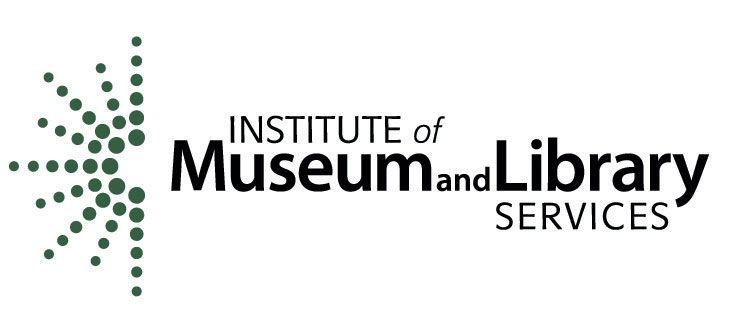Tiffany Studios
American company, 1878–1933
Louis Comfort Tiffany studied painting at the National Academy of Design in New York in 1866 and remained a lover of painting all his life, despite his eventual focus on design. After following his formal education with several years of travel through Europe and Northern Africa, he started his own company in 1878. Early on, Tiffany’s company manufactured glass tiles; in the 1880s and 1890s it expanded its range and began producing elaborate “cathedral” stained-glass windows. In 1892–93 Tiffany opened his own forge in Corona, New York, which would create the company’s glass works until 1928.
By the turn of the century, Tiffany’s company was producing and ever-wider range of decorative glass products, using leaded and blown glass to achieve a dazzling range of colors and effects. Tiffany coined the word “Favrile” to refer to a type of iridescent glassware and trademarked his creation in 1894.
Tiffany Studios also became known for its metalwork, producing between 20 and 24 (collectors and scholars differ) distinctive bronze desk set patterns. These desk sets were among the more affordable items in its catalogue, and were given names that reflected their inspirations, including: “Pine Needle,” “Zodiac,” “Byzantine,” “Bookmark,” “Abalone,” “American Indian,” “Chinese,” “Art Deco,” and “Nautical.” At minimum, each set included an inkwell, blotter, and pen tray, while some of the more expensive options included items such as calendars and paperweights.
The Delaware Art Museum owns several pieces of the “Bookmark” and “Abalone” desk sets. The “Bookmark” desk set is characterized by its intricate, almost tableau-esque designs in multiple colors, while the “Abalone” features bronze line work and inlaid mother-of-pearl details. The Museum also owns examples of Tiffany Studios blown glassware, and a pair of Tiffany windows designed by Lydia Field Emmet and commissioned by Samuel Bancroft.
Person TypeInstitution
Terms
- Queens
founded in 1903 by T.G. Hawkes and Frederick Carder at Corning, N.Y.; purchased by the Corning Glass Works in 1918
Bohemian glass making company (1851–1947)
American painter and designer, 1866-1952
American illustrator, 1878–1955
American illustrator and painter, 1877–1972
American ceramic and glass artist, born 1935
English painter and designer, 1821–1893
British textile design studio, 1880–1963















